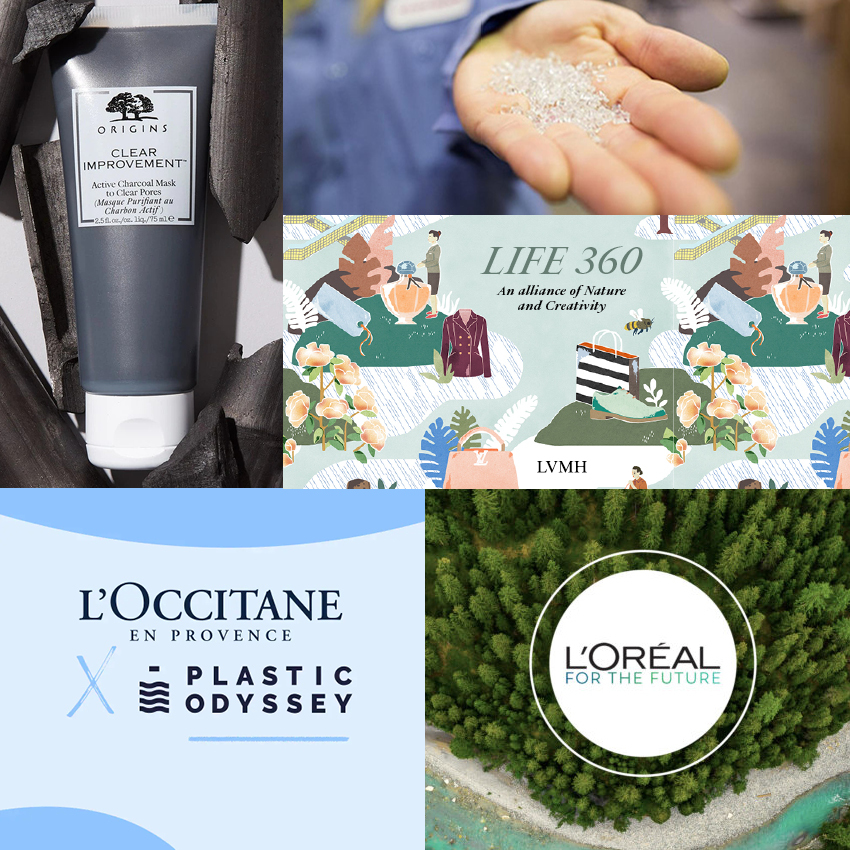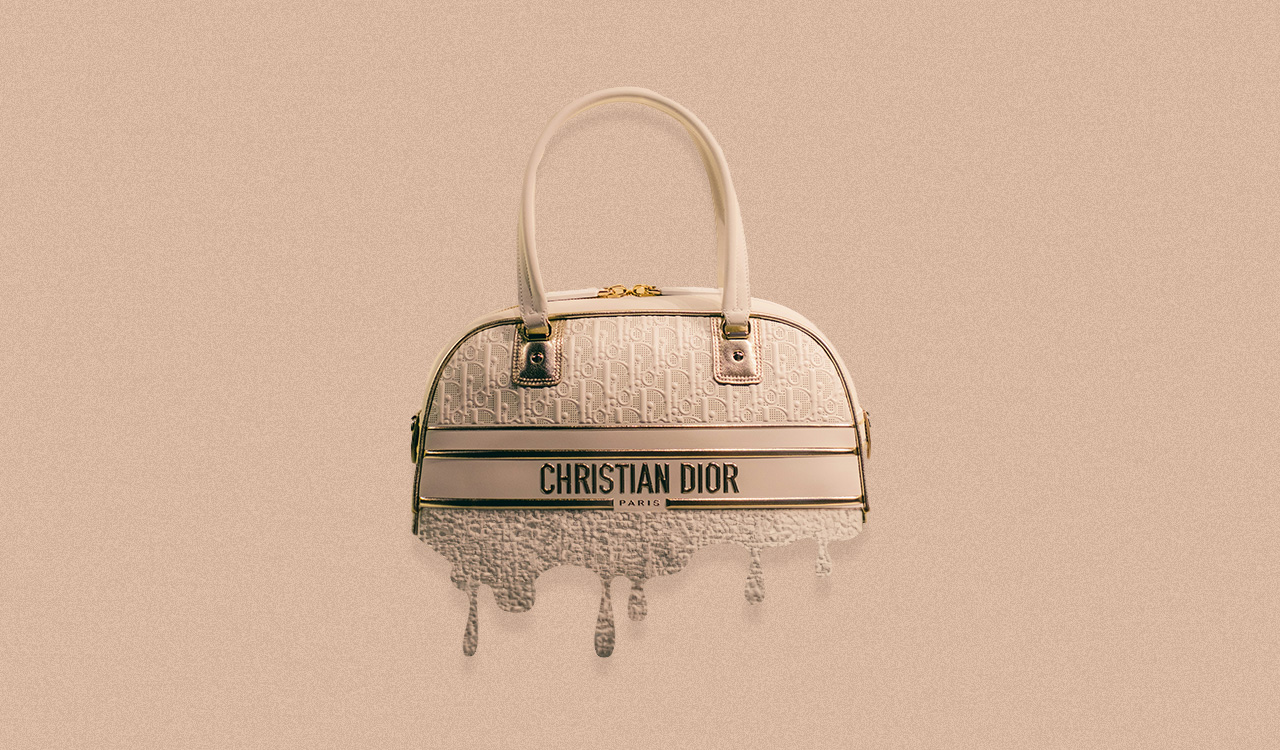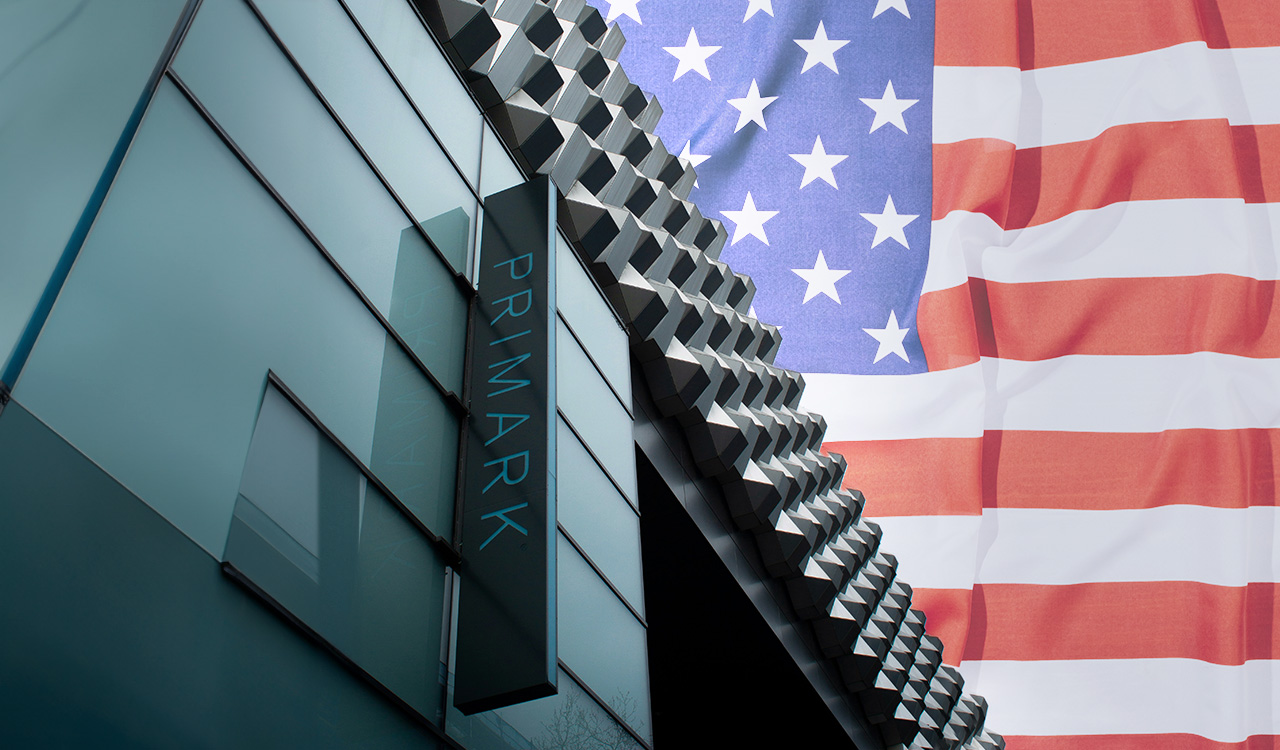As much as I love my “beat” – and I seriously, unequivocally love my beat – it’s pretty challenging to write about the beauty category and the environment without getting at least a little cynical. It’s also not always easy to predict when the cause du jour will morph into a truly meaningful, not-going-anywhere, full-on movement.
Past as Prelude
Tina Hedges was about to launch LOLI Beauty back in 2014. We were discussing brand positioning, and how to stand out in the dense forest that is the American skincare market. She kept circling back to one of LOLI’s core tenets – zero waste – and I can’t believe in retrospect I said: “I’d stay away from that one. It’s so unsexy.”
[callout]What I most admire about tiny sustainable beauty brands (and their die-hard fans) is the pressure they’ve brought to bear on the Lauders, L’Oréals and LVMHs of the world.[/callout]
Thank god Tina didn’t listen to me. Because here we are seven years later and the drumbeat of zero waste, plastic-free and sustainable is deafening.
While it’s undoubtedly easier for young, small-batch brands like LOLI, Meow Meow Tweet, Apothecary Muse and Dirty Hippie to tread the zero-waste path than it is for deeply entrenched beauty behemoths, it still takes a lot of clever workarounds and tons of dedication to make it happen.
While all that effort to help the planet in of itself should be applauded, what I most admire about tiny sustainable beauty brands (and their die-hard fans) is the pressure they’ve brought to bear on the Lauders, L’Oréals and LVMHs of the world. Without that constant poking, we wouldn’t be moving so forcefully toward a plastic-free future.
Still skeptical we can right this eco-disastrous ship? Read on for…
Five Great Enviro-Moves Beauty Is Making
While companies large and small are doing what they can to help save the planet, these actions and alliances promise major impact.
-
Origins
- The Eco Play: Becomes first global prestige beauty brand to embrace advanced recycled resin in tube pack format.
- Why It’s Important: In October 2020, Origins, a division of Estée Lauder Companies, announced it had partnered with SABIC, a leader in the global chemistry industry, to deploy a tube pack for its Clear Improvement Active Charcoal Mask crafted from post-consumer mixed plastic. Since plastic can only be recycled so many times before it has to be burned or buried, SABIC has developed the technology to revert plastic to its original polymer, allowing the recycling cycle to start all over again.
-
Estée Lauder Companies
- The Eco Play: Signs a Memorandum of Understanding (MOU) with Eastman.
- Why It’s Important: In aligning with Eastman, the $8.5 billion, 101-year-old American chemical company, in March of this year, ELC is underscoring its commitment to reach ambitious sustainability goals by 2025. The first sustainability agreement between Eastman and a multi-brand prestige beauty manufacturer, it’s centered on the use of Eastman’s Renew resins, which are made with up to 100 percent certified recycled content.
-
LVMH
- The Eco Play: Announces far-reaching Life 360 initiative.
- Why It’s Important: Timed to coincide with 2020 Climate Action Day and the fifth anniversary of the Paris Agreement, the Life 360 environmental program – with deadlines set for 2023, 2026 and 2030 – will impact all 75 of its luxury brands. First up for beauty: Dior’s new Dior Addict Lip Maximizer will feature Eastman’s Renew copolyester, made from 30 percent recycled content. The first wave will hit store shelves this summer.
-
L’Occitane en Provence
- The Eco Play: Sponsors Plastic Odyssey
- Why It’s Important: By agreeing to underwrite Plastic Odyssey, “the first expedition around the world that aims to tackle the pollution of the seas and oceans at its source: ashore,” L’Occitane is upping the ante on its already considerable efforts to help the environment. In addition to reducing the thickness of its packaging and saving an estimated 28 tons of plastic, the French beauty giant has declared that by 2025,100 percent of its bottles will be made from recycled content, and all 1600 of its stores will offer a recycling service.
-
L’Oréal
- The Eco Play: Unveils “L’Oréal for the Future”
- Why It’s Important: The world’s largest beauty company is no stranger to sustainability. And as it points out on its corporate website, since 2005 it has reduced the carbon emissions of its plants and distribution centers by 81 percent, besting its original target of 60 percent by 2020 – all while production volume increased by 29 percent during the same period. As an update – and upgrade – on its “L’Oréal for the Planet” initiative, “L’Oréal for the Future” extends to 2030, and sets forth measurable targets for fighting climate change, managing water sustainably, respecting biodiversity, preserving natural resources and eliminating animal testing. It’s a big, bold plan that should yield major dividends for the planet.




